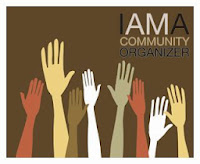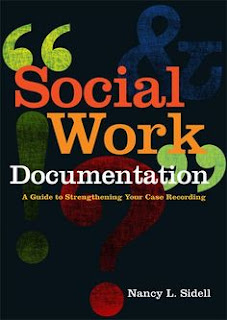Principles of Community Organisation
Generally, Principles means guiding rules of practice. Principles are expressions of value judgments. The principles of community organisation are the spirit and purpose of social work in a democratic society. We are concerned with the dignity and worth, the freedom, the security, the participation, and the healthful and profuse life of every individual. This implies practice of following principles of democracy, such as betterment of the marginalized, transparency, honesty, sustainability, self-reliance, partnerships, cooperation, etc.
 |
| Images taken from www.google.com |
Dunham (1958) has presented a statement of 28 suggested principles of community organisation. He grouped those under seven headings.
1. Democracy and social welfare,
2. Community roots for community programs,
3. Citizen understanding, support, and participation and professional service,
4. Cooperation,
5. Social Welfare Programs,
6. Adequacy, distribution, and organisation of social welfare services, and
7. Prevention.
According to Ross (1967) the specific principles – the elementary or fundamental ideas regarding initiation and continuation of community organisation processes. These principles have been discussed in terms of the nature of the organisation or association and the role of the professional worker. The twelve principles identified by Ross are:
1. Discontent with existing conditions in the community must initiate and/or nourish development of the association.
2. Discontent must be focused and channeled into organisation, planning, and action in respect to specific problems.
3. Discontent which initiates or sustains community organisation must be widely shared in the community.
4. The association must involve leaders (both formal and informal) identified with, and accepted by, major sub-groups in the community.
5. The association must have goals and methods and procedures of high acceptability.
6. The programs of the association should include some activities with an emotional content.
7. The association should seek to utilize the manifest and latent goodwill which exists in the community.
8. The association must develop active and effective lines of communication both within the association and between the association and the community.
9. The association should seek to support and strengthen groups which it brings together in cooperative work.
10.The association should develop a pace of work in line with existing conditions in the community.
11. The association should seek to develop effective leaders.
12. The association must develop strength, stability and prestige in the community.
Source: Dr. Suresh Pathare, TISS, Tuljapur (PDF File)
Social Work
Concept and Dimensions of Power
Differentiate between Community Organisation and Community Development
Relevance of Community Organisation for Community Development
Concept and Dimensions of Power
Differentiate between Community Organisation and Community Development
Relevance of Community Organisation for Community Development




Comments
Post a Comment